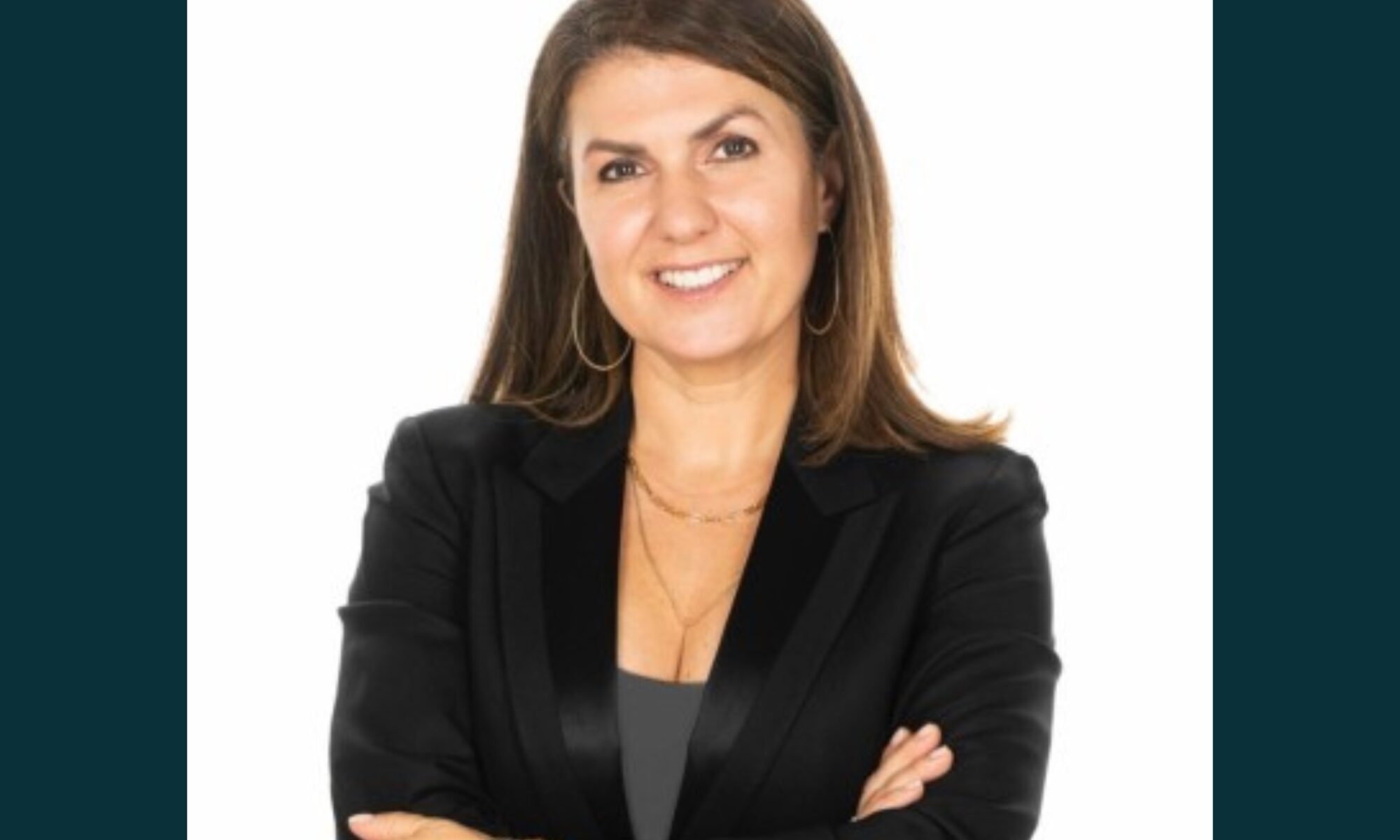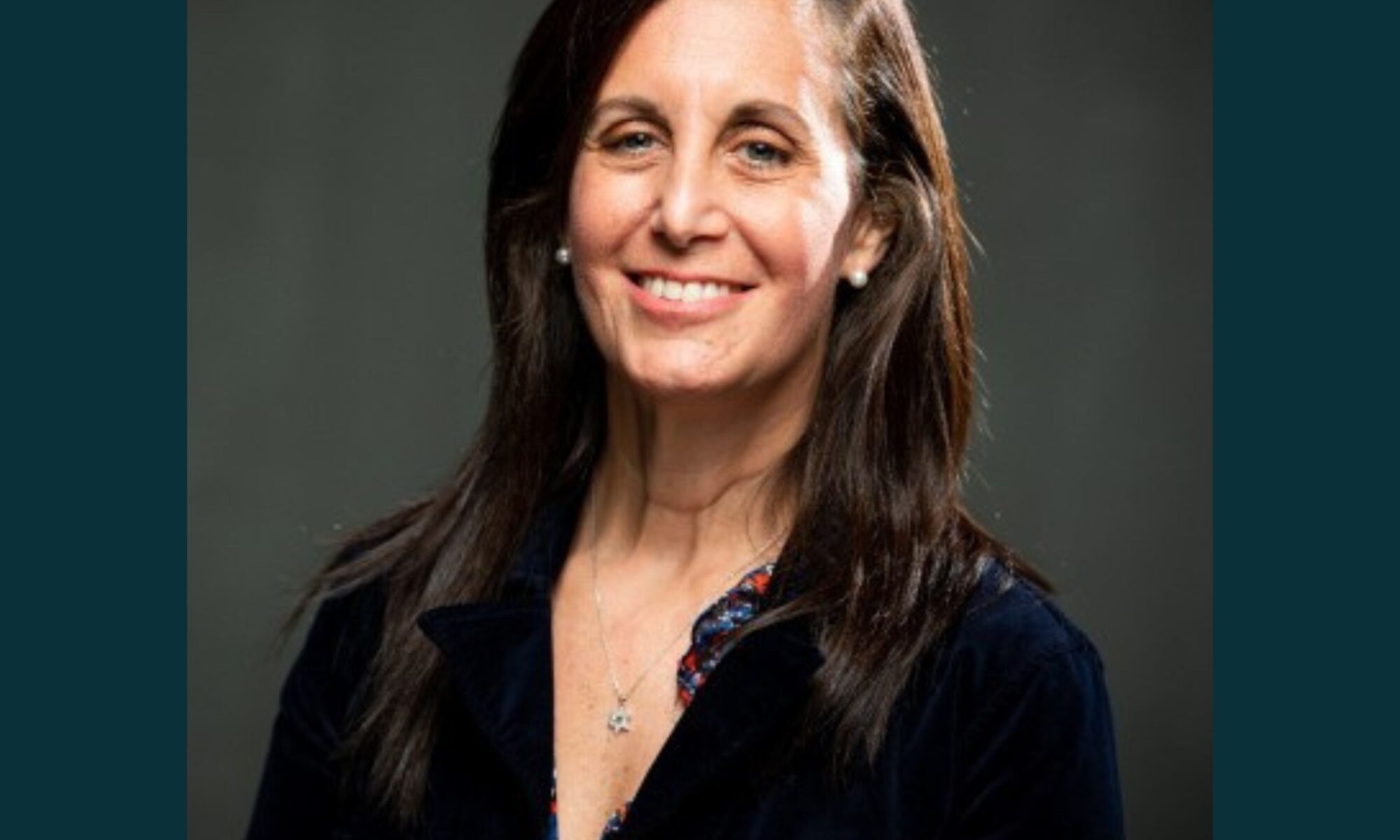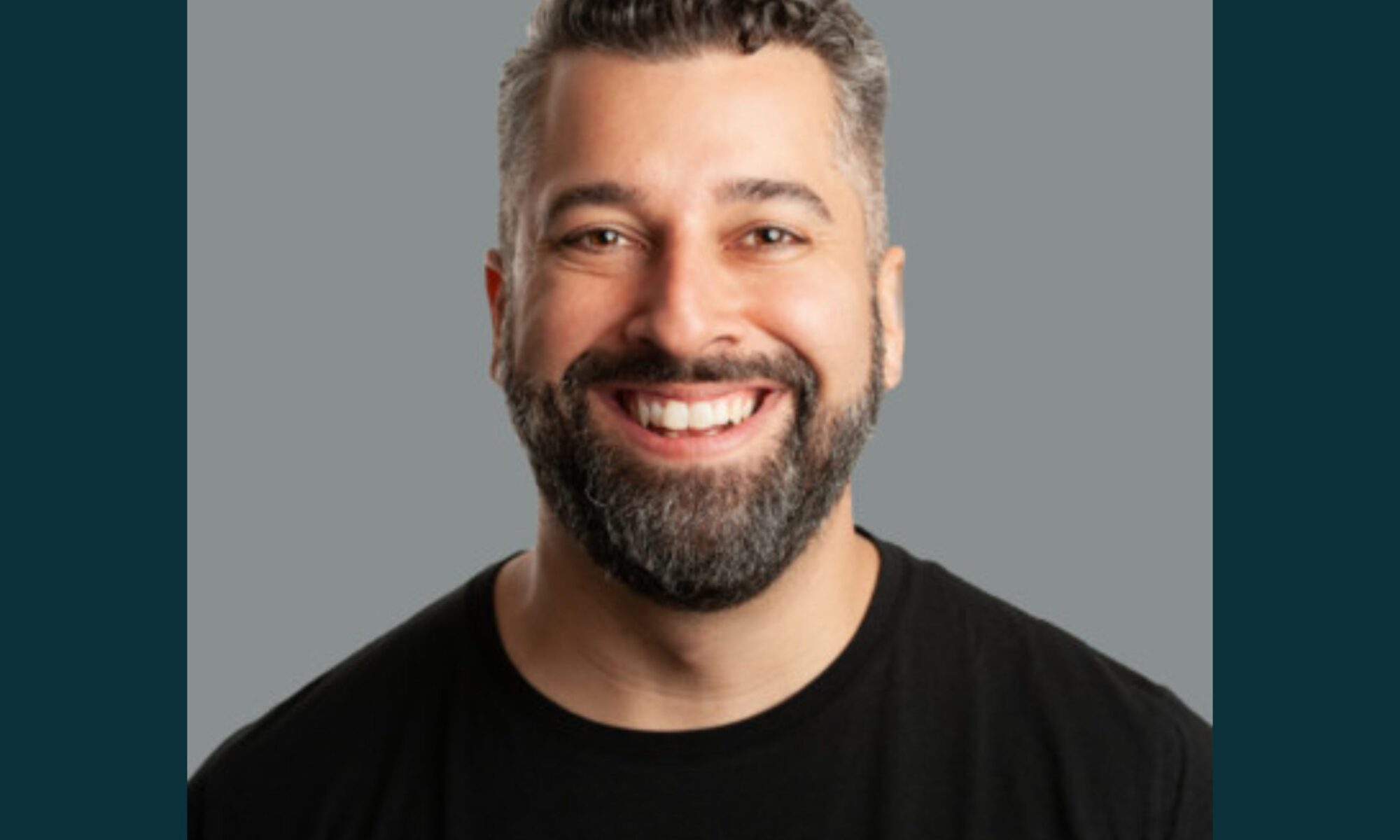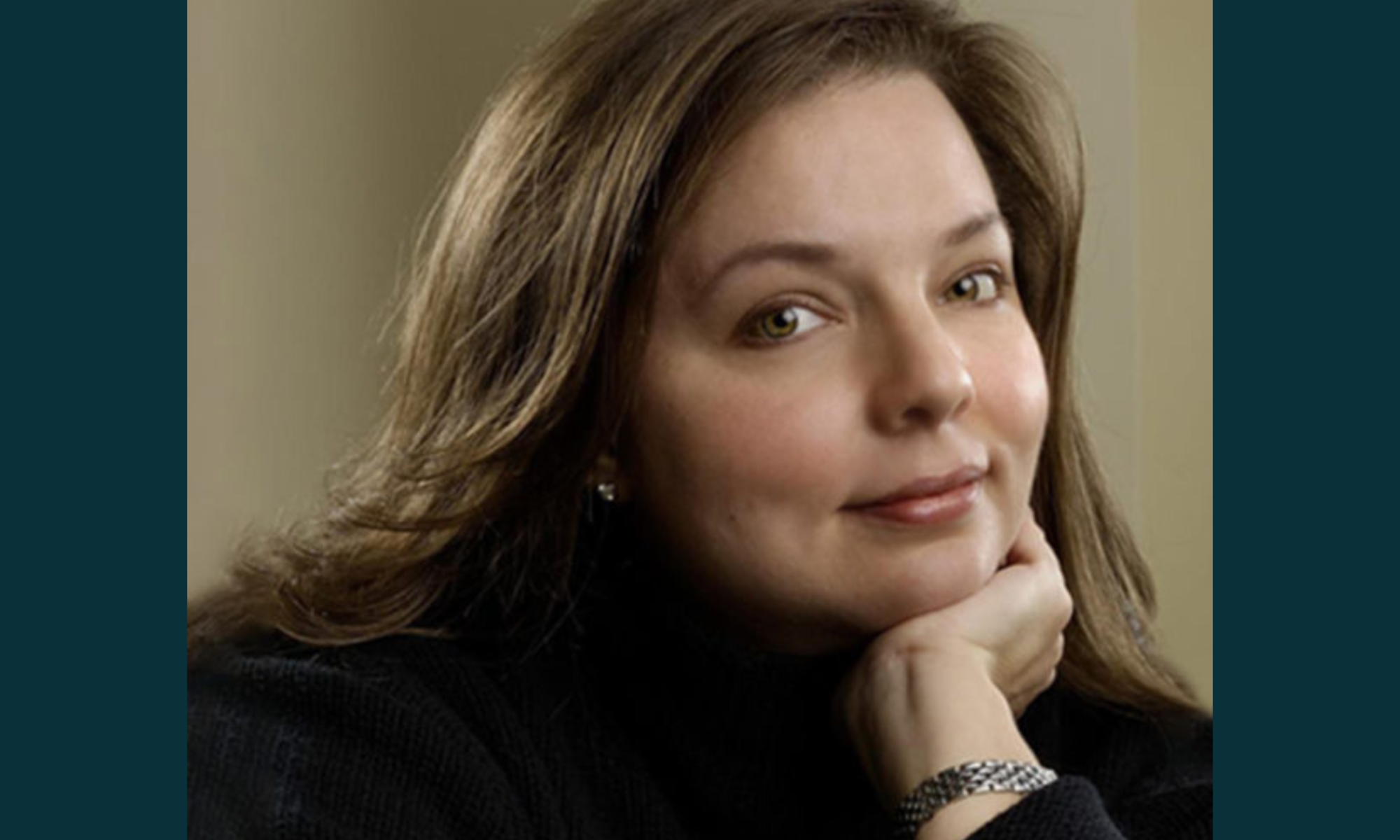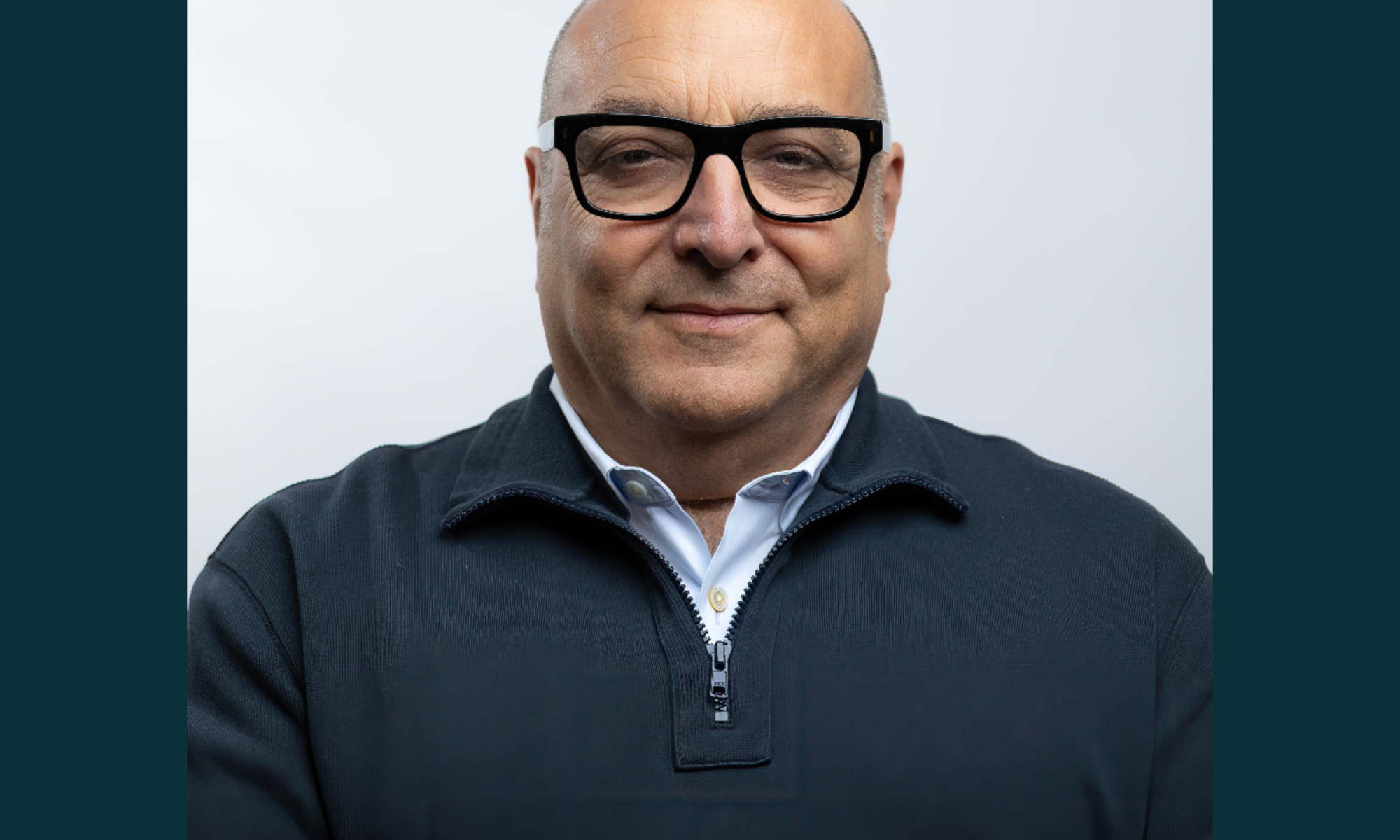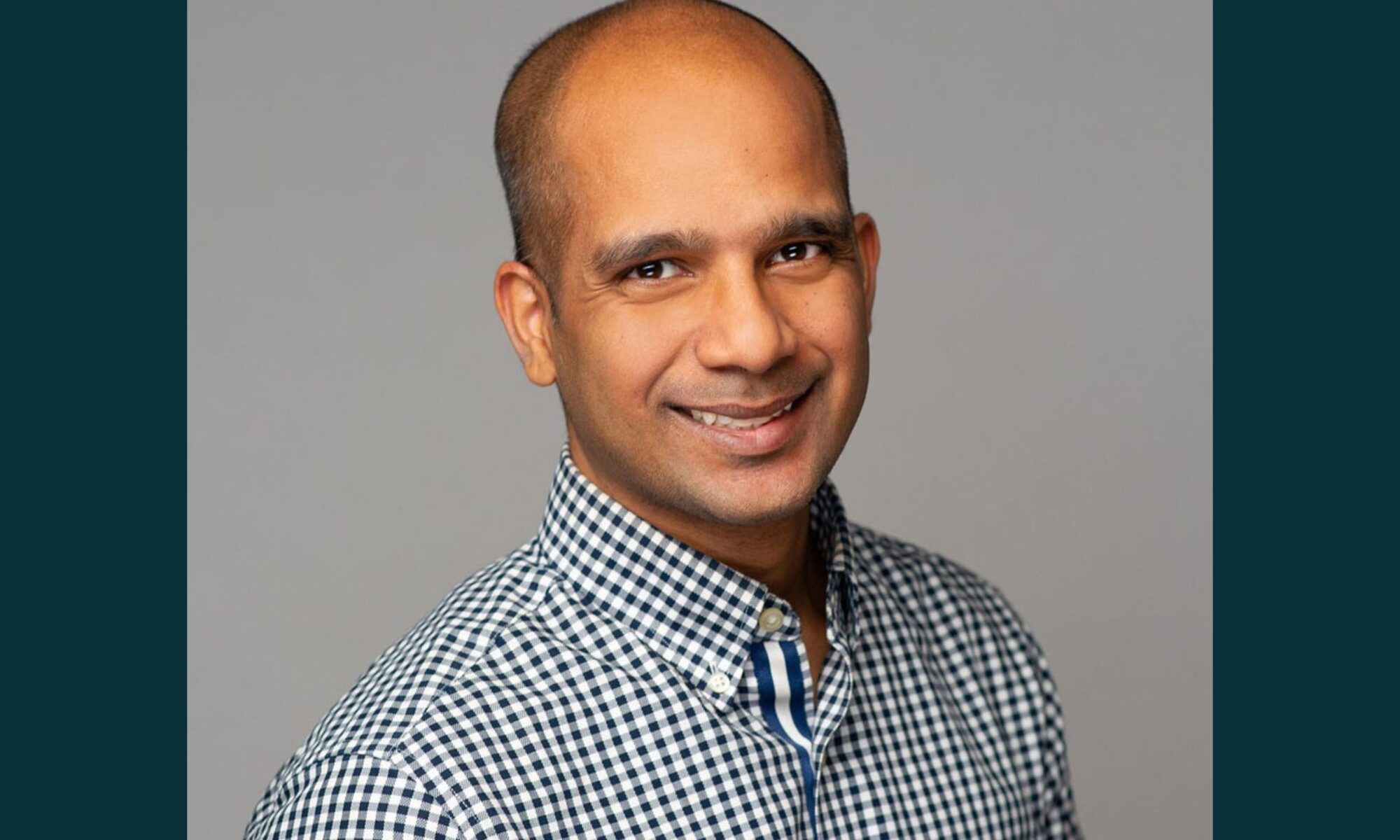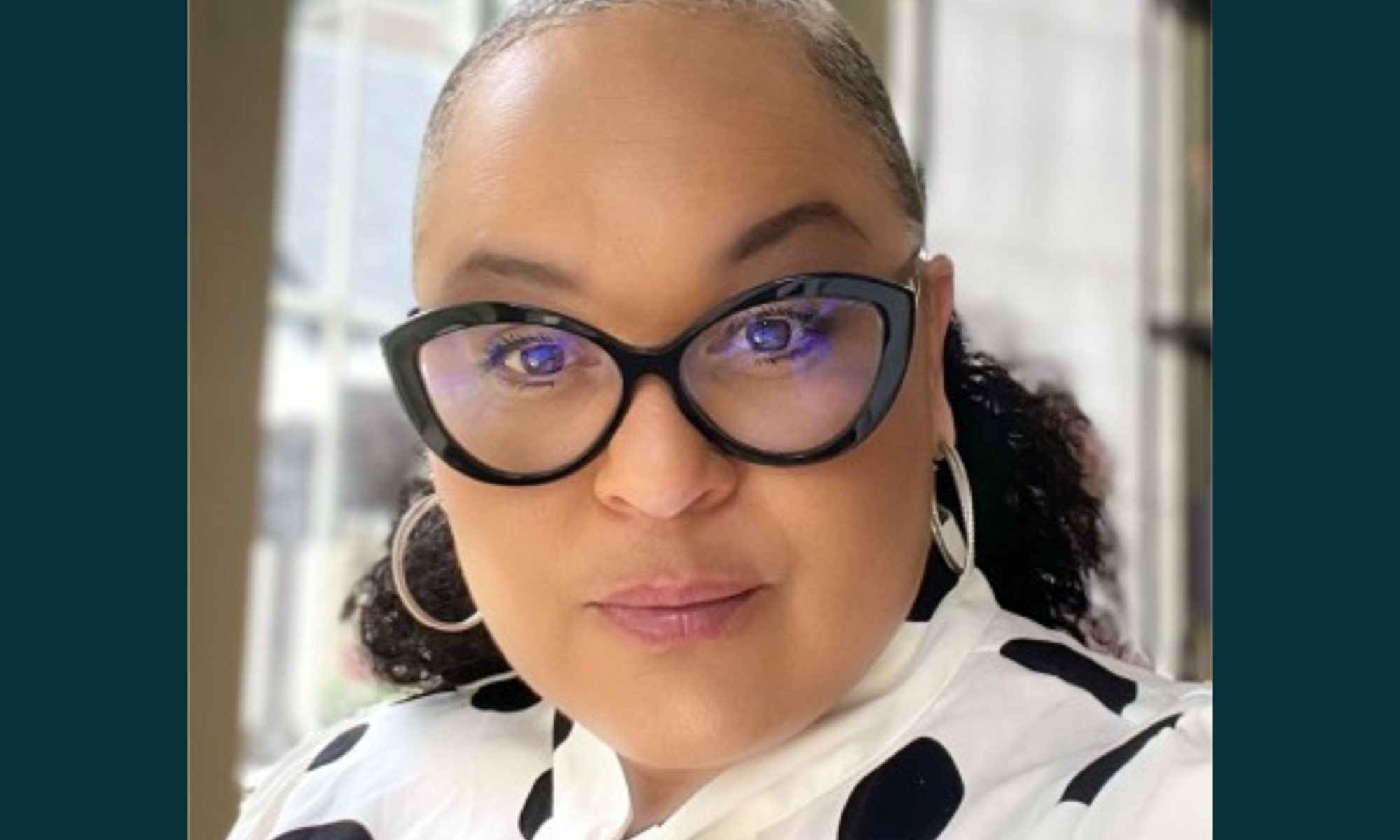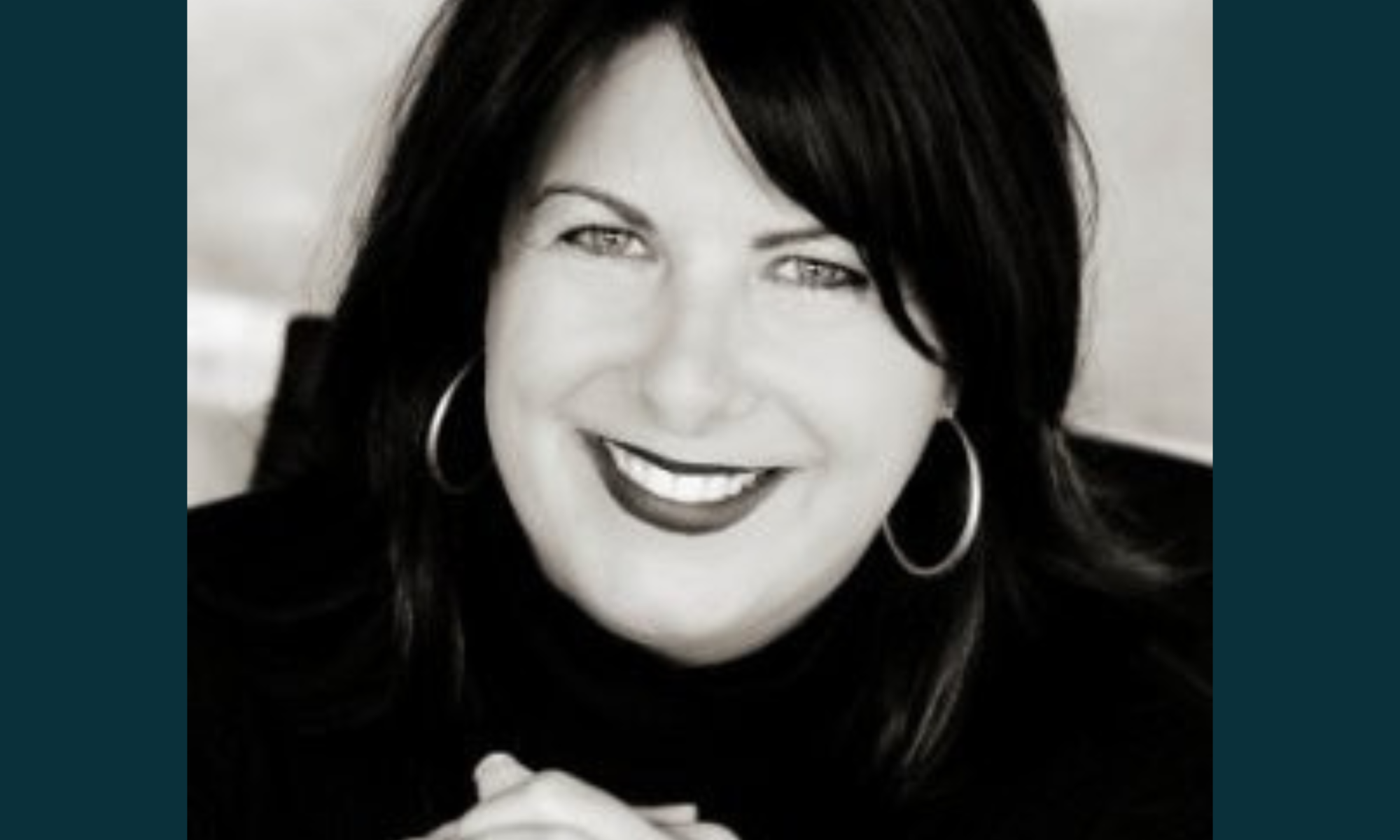Serial entrepreneur, startup operator, and angel investor Shereen Shermak joined host Mack McKelvey on “The Cred Podcast” this week to discuss all things decision-making, angel investing, and more. Shereen, a Boston tech luminary, is now an active angel investor dedicated to diversifying her portfolio and paying it back to traditionally underfunded groups.
With an active personal stake in nearly 80 early-stage startups, Shereen shared why she loves the chaos of startups, or as she put it, making the chaos productive. Mack and Shereen discussed everything from prioritizing your values in decision-making to raising a red flag when needed. Continue reading for tips to make stronger decisions, from the ones that impact your day to the ones that impact your organization, and beyond.
Intentionally Paying It Forward
From her early career roots to being a serial entrepreneur, Shereen is dedicated to paying it back. She’s mentored and worked to elevate up-and-coming professionals, underrepresented groups, and even small business owners. After 9/11, she felt the need to do something to help, leading Shereen to get her second Master’s degree at Harvard. Fondly referring to this position as the “most important job she’s ever done,” Shereen worked for the City of New York under the Bloomberg Administration to help small businesses survive the economic uncertainty.
Over the past several years, Shereen has offered guidance to aspiring and current entrepreneurs at Harvard Business School. In January 2019, Shereen co-founded TBD Angels, a Boston-based group of like-minded passionate angel investors assisting talented entrepreneurs through advice, connections & capital. TBD Angels started with a group of six to eight older who were frustrated with the lack of investments in Boston, which Shereen noted has a history of having “tightly cold wallets.” Now almost four years later, TBD Angels has expanded to a couple hundred people and a fully operational team.
As she’s invested more in various businesses, she’s also become more dedicated to diversifying her portfolio.
“I feel that it is my social obligation to put some [capital] back into the ecosystem and help somebody else move ahead, But if I’m honest, having a diverse portfolio wasn’t always a conscious part of my investing,” she said. “I was looking for the best deals. Then, I started questioning why it is so hard for traditionally underfunded groups to raise capital.”
Over the years, as investors, Shereen and TBD Angels have placed greater emphasis on working with a diverse set of entrepreneurs and recruiting women and people of color into the group, with Shereen adding, “We want the people we work with and the investments to look like the community we live in.”
With personal stakes in many early-stage startups, Shereen has played an active role in advising and filling in where she can be helpful.
“I think it’s appropriate to help those [early-stage] companies when I am writing individual checks,” Shereen said. “I see where I can help until that next funding round comes and I feel it’s the right point where [I] can get off the bus.”
From Startup Product Manager to CEO & Co-Founder
Shereen’s startup career took off in 2007 when she moved from New York to Boston. Jumping into the fintech space, Shereen worked at a startup as a product manager for a few years where she could get into the weeds. By understanding how a startup operates, Shereen could then share these learnings with up-and-coming talent interested in diving into the startup world.
“If young people ask me about this space, I tell them that startups with Series A or B funding are good entry points,” she said. “While they’re still figuring a lot out, they’re specialized and have a product management team that is usually separate from marketing.”
Armed with this experience and knowledge, Shereen went on to become the CEO and co-founder of numerous companies including her most recent company, Stealth. As a co-founder and leader, Shereen noted she is a firm believer in focusing on where she specifically can drive value. At Atlantic Quantum, a developer of scalable quantum computers, she found she could take what she learned from her startup experience to make this business successful.
“A lot of those skills were transferable so I found areas where I could be most useful like in operations,” Shereen said, adding that 50% of a startup’s success comes from building out the operations. “That’s always been my goal if I join a company full of scientists. They can do the science, and I can worry about where the money’s coming from and focus on execution.”
Getting into a startup at the beginning stages excites Shereen, who said that she usually starts from an idea on a piece of paper or technology before building a functioning and ultimately successful company.
“I enjoy those first two years of trying to take the chaos out of the equation or, at least, make the chaos productive,” Shereen shared. “And then, I’m moving on to the next thing.”
Making Decisions, Confidently
As a leader, you’re constantly making decisions, many of which impact your entire company. Often, many startups early in their inception don’t have a solid framework in place to approach important decisions. Rather than coming with a framework as soon as you get in the door, Shereen advised leaders to get to the heart of your company’s values and learn how your business makes decisions formally and informally.
“When you establish your values at the beginning, decisions are much easier down the line,” Shereen noted.
She explained for TBD Angels, if they’re deciding that they are trying to support certain investment types, then that should be reflected in the deal flow. They monitor these investments and report on them regularly to ensure they align with the group’s values.
“Everybody cares a lot about it and they joined the group because it was consistent with their values,” Shereen said.
In addition to knowing your values, Shereen emphasized the importance of being open to new possibilities. Unlike older generations, younger professionals explore many careers and companies throughout their careers.
“When deciding what you want to do with your life, realize you’re not making a long-term commitment,” she said. “Try things out and see where you fit in. I’ve had three careers: environmental engineering, finance, and now, startups. I’m sure I’ll have a fourth but I don’t know what it is yet.”
Gamifying Decision-Making
For day-to-day decisions, Shereen likes to game it out with a framework that she used when she was a data modeling and decision analysis teaching assistant. Essentially, she used decision trees to map out the options and their potential risks, assigning each a weighted score. She then looked at the odds that something will happen, and assessed whether or not she felt like she could change those odds.
“That can be helpful to guide you through a broad volume of decisions, or those micro decisions. But, when it comes to personal and life decisions, it’s about understanding your values and if the next thing you’re going to do fits those values,” she said.
For Shereen, she only has one role that she felt was not the right call and that was because it failed to align with her values. She wasn’t necessarily thinking of her family or herself when making that decision, which was why it was problematic.
“It was more about what’s gonna look better on my resume. And to me, that’s ironic because I feel like that’s what most people spend their time thinking about in terms of showing career progression and that hasn’t worked for me at all,” Shereen said. “I have had a zigzaggy career and that’s worked out much better.”
Use Your Red Flag, Intelligently & Sparingly
Not every decision goes according to plan and while we don’t have a crystal ball into what will work, leaders may have a strong inkling that something won’t reap success. Whether you’re the CEO, a manager, or a startup specialist, Shereen said you should raise that red flag, but do so sparingly. When it comes to these red flags, Shereen is referring to decisions that could threaten or negatively alter your company.
“Be explicit about those red flags and don’t use them frequently as they can be very powerful. The sky can’t fall every day,” Shereen said. “When someone told me about their thinking that was different from what I would have done, I could see the passion and thought behind it. It changed my own thinking and had a productive outcome for this startup.”
To round out the conversation, Shereen shared her plans for the next couple of years, like doing fractional C-suite work.
“I like the mix of having multiple engagements that I am juggling and the context switching,” she said. “I’m at the point in time where I know how to do what I want to do, so I can do it more efficiently.”
This conversation is bound to be one of many on “The Cred Podcast,” and we look forward to continuing to learn from Shereen as a decision-maker, startup leader, investor, and overall person.
Listen to Shereen’s full episode here.

